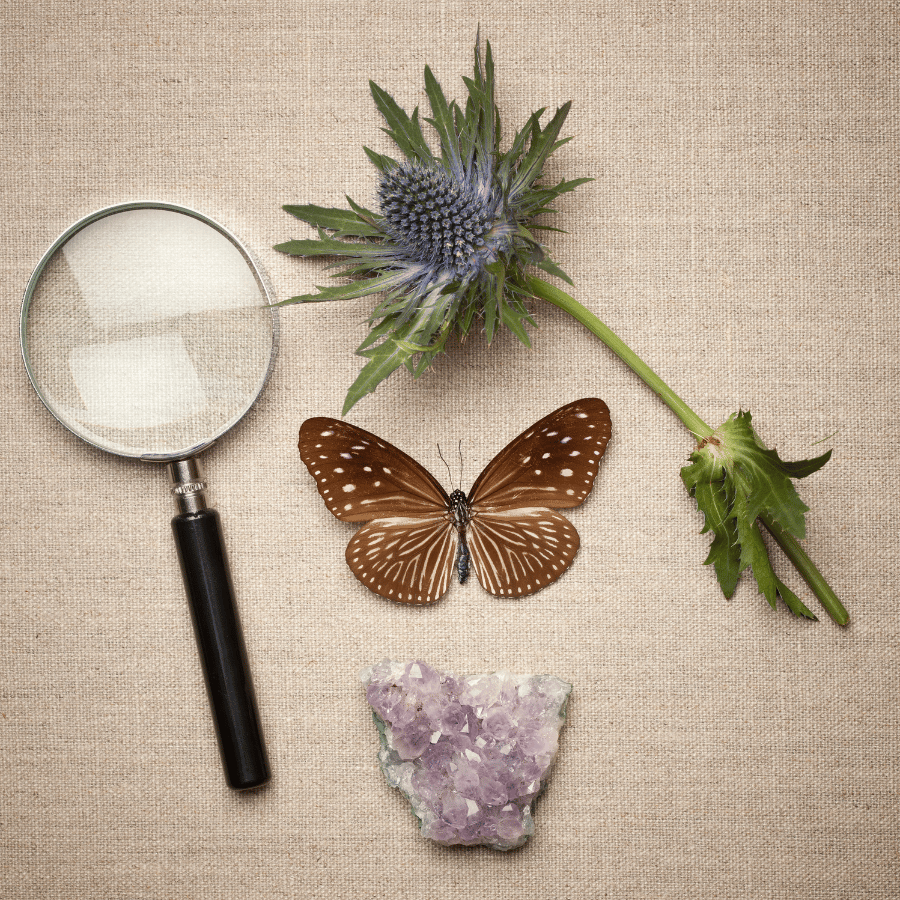介绍
欢迎来到生物学 101:基础知识。
生物学在线辅导 旨在向您介绍生物学的基础知识。我们将介绍生物学中的一些主要主题,如细胞结构、遗传学和进化。您还将开始学习生态学和种群活动——研究物种如何随着时间的推移相互影响及其环境。
生物学概述
Biology is the study of life. As such, it’s a broad field that covers everything from how cells work to how plants and animals reproduce. This can be divided into many different subtopics: biochemistry (how chemicals interact with each other), genetics (how genes influence traits in organisms), ecology (how populations interact with their environment), anatomy (the structure of an organism), physiology (how an organism functions) and others.
Biology is an important science because it helps us understand our world better–including how diseases spread through populations or why certain animals are endangered–and gives us tools we can use to solve problems like climate change or food security issues. It’s also useful for anyone interested in medicine since this area studies human health on both a macroscopic level (e.g., anatomy) as well as microscopic level (e.g., biochemistry).
生物学主要主题
Biology is the study of life. It’s a science and an applied field, but it can also be considered a multidisciplinary field that includes chemistry, physics and mathematics.
Biological science is an experimental science because it relies on observation and experimentation to test hypotheses about how living organisms work. Observational science involves observing natural phenomena without interfering with them; this type of research does not involve any manipulation or alteration of the subject being observed (though sometimes observational studies do involve collecting data from dead specimens).
该细胞
您可能想知道,“什么是细胞?”细胞是生命的最小单位。它由三部分组成:
- 细胞核含有 DNA 和其他对细胞正常运作至关重要的分子。
- 细胞质(包围细胞核的胶状物质)。细胞的这一部分可以在需要时改变形状,以帮助移动细胞内部或外部的物质(例如当您走路时)。
- 一种将身体组织内(或不同类型组织之间)的一部分与另一部分分隔开的膜。
遗传与进化
Genetics is the study of heredity, or the passing of traits from one generation to the next. Heredity can be physical, behavioral, or biochemical–any type of inherited trait.
Genetics is often confused with evolution (which we’ll get into later). While genetics does explain how species change over time and adapt to their environments, it doesn’t explain why these changes happen in certain ways. That’s where evolution comes in!
生态与人口活动
One of the most important aspects of biology is ecology, the study of populations. A species’ population is simply the number of individuals in that species living in a particular area, and an area’s population is the total number of individuals from all species living there.
Ecology can be broken down into four main areas:
- 种群生态学研究种群如何随时间增长、减少、迁移和变化;例如,是什么原因导致数量变化?这会对其他生物产生什么影响?
- 生态系统生态学研究生态系统如何协同工作以及单独工作——当其中一个部分崩溃或发生变化时会发生什么?
- 物种相互作用研究不同物种在其环境中如何相互作用——它们是相互竞争还是相互合作?为什么有些动物会吃掉其他动物,而其他动物则完全避开它们!
本节快速回顾生物学中的重要主题,以帮助您更多地了解该主题。
Biology is the study of life. It’s a science, not a philosophy, so it uses the scientific method to study living organisms and their interactions with each other and the environment. The field of biology covers everything from the smallest microbe to whales and elephants–and everything in between!
The study of biology involves:
- 了解到所有生物都以各种方式相互影响并与环境互动(它们可能争夺食物或住所;它们可能共享水等资源;它们甚至可以在困难时期互相帮助)。
总结
好了!以上就是生物学中一些最重要主题的简要概述。我们希望这能帮助您更好地理解该学科的基础知识,甚至可能希望在自己的时间里更多地了解这些主题。









